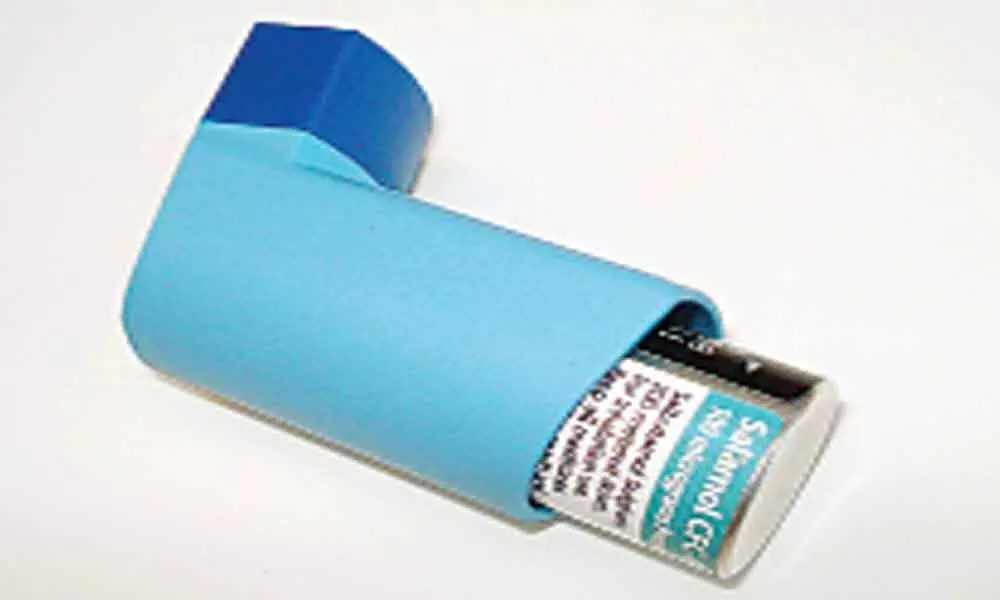Green inhalers can drastically cut down carbon footprint: Study

Switching to 'greener inhalers' can lead large cut down on carbon emissions, and may also reduce drug costs with the use of less expensive alternative brands, according to a study.
London: Switching to 'greener inhalers' can lead large cut down on carbon emissions, and may also reduce drug costs with the use of less expensive alternative brands, according to a study.
Looking at the prescription data from England in 2017, researchers, including those from the University of Cambridge in the UK, collated the carbon footprint data on inhalers -- commonly used for conditions such as asthma -- and compared the financial and environmental costs of different inhalers.
The study, published in the BMJ, noted that the commonly used metered dose inhalers (MDI) -- that delivers a measured amount of medication as a mist patients can inhale -- contained the propellant gas hydrofluoroalkane (HFA) which is a potent greenhouse gas. The researchers found that about 50 million inhalers were prescribed in England in 2017, of which nearly 70 per cent were metered-dose inhalers.
According to the researchers, MDIs contributed the equivalent of almost 4 per cent of the global carbon footprint -- the total amount of greenhouse gases produced to directly and indirectly support human activities.
They said that alternatives such as dry powder inhalers (DPI) and aqueous mist inhalers had much lesser carbon footprint, and large scale uptake of the DPIs could also reduce the costs. The carbon footprints of MDIs were between 10-37 times those of dry powder inhalers, the study noted.
"For every 10% of MDIs changed to DPIs, drug costs decrease by £8.2M annually," the researchers wrote in the study. Replacing one MDI out of every ten with a DPI would also reduce carbon dioxide equivalent emissions by 58 kilotonnes -- roughly the same as would arise from 180,000 return car journeys from London to Edinburgh, the researchers said.
According to the researchers, at the individual level each MDI replaced by a DPI could save the equivalent of between 150 and 400kg of CO2 annually which they said is similar to many actions that environmentally-concerned individuals are taking at home such as installing wall insulation at home, recycling, or cutting out meat.
"Any move towards 'greener' inhalers would need to ensure that replacements were cost effective," said study co-author Alexander Wilkinson of East and North Hertfordshire NHS Trust in the UK.
Wilkinson said that by switching to less expensive brands it would still be possible to make a positive impact on carbon emissions while at the same time reducing drug costs. "It's important to stress that patients shouldn't stop using their usual treatments to reduce their carbon footprint.
Instead we recommend patients review their condition and treatment at least annually with their healthcare professional and at this point discuss whether a more environmentally-friendly inhaler is available and appropriate in their situation," he said.
Study co-author James Smith from the University of Cambridge said switching to inhalers which are better for the environment could help individuals, and the NHS as a whole, reduce their impact on the climate significantly. "This is an important step towards creating a zero carbon healthcare system fit for the 21st century," Smith said.















